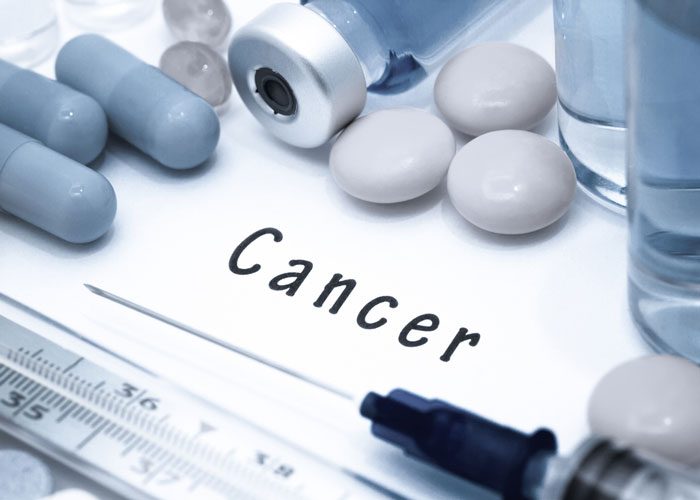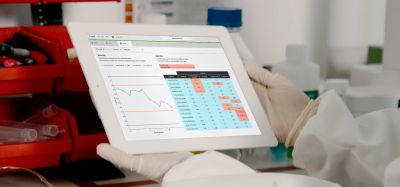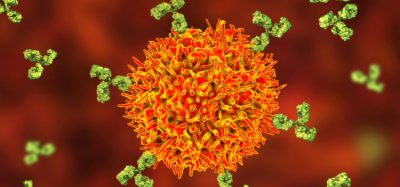EC approves first biosimilar Mvasi for the treatment of cancer
The European Commission has granted marketing authorisation for Mvasi for the treatment of certain types of cancer…
Amgen and Allergan plc. have announced that the European Commission (EC) has granted marketing authorisation for Mvasi (biosimilar bevacizumab).
“The European Commission’s approval of Mvasi marks a significant milestone for both Amgen and the oncology community, providing a biosimilar for a medicine which is used across multiple types of cancer,” said Dr Sean E. Harper, executive vice president of Research and Development at Amgen. “Mvasi is the first targeted cancer biosimilar from Amgen’s portfolio approved in Europe, underscoring our commitment to delivering high-quality medicines that address some of the most serious illnesses.” Amgen and Allergan are committed to developing high-quality biosimilars with a robust analytic and clinical package.
The EC approved Mvasi based on a comprehensive data package that demonstrated Mvasi and bevacizumab are highly similar, with no clinically meaningful differences in terms of the efficacy, safety and immunogenicity between the products.
Clinical studies included results from a Phase 3 trial in patients with non-squamous NSCLC. Mvasi is approved for the treatment of certain types of cancers including in combination with :
- Fluoropyrimidine-based chemotherapy for metastatic carcinoma of the colon or rectum
- Paclitaxel for metastatic breast cancer
- Platinum-based chemotherapy for unresectable advanced, metastatic or recurrent nonsquamous non-small cell lung cancer (NSCLC)
- Erlotinib for unresectable advanced, metastatic or recurrent non-squamous NSCLC
- Interferon alfa-2a for advanced and/or metastatic renal cell cancer
- Carboplatin and paclitaxel, carboplatin and gemcitabine, and paclitaxel, topotecan, or pegylated liposomal doxorubicin for advanced, platinum-sensitive, or platinum-resistant recurrent epithelial ovarian, fallopian tube, or primary peritoneal cancer;
- And in combination with paclitaxel and cisplatin, or alternatively, paclitaxel and topotecan for persistent, recurrent, or metastatic carcinoma of the cervix.
“Mvasi is the first product from our collaboration with Amgen to receive marketing authorization from the European Commission, highlighting the success of our joint commitment to developing cancer biosimilars,” said David Nicholson, chief research and development officer at Allergan. “We look forward to our continued work with Amgen and to providing important medicines to patients in the future.” Approval from the EC grants a centralised marketing authorisation with unified labelling in the 28 countries that are members of the European Union (EU). Norway, Iceland and Liechtenstein, as members of the European Economic Area, will take corresponding decisions on the basis of the decision of the EC.
In September 2017, Mvasi became the first anti-cancer biosimilar, as well as the first biosimilar bevacizumab, to be approved by the U.S. Food and Drug Administration (FDA). Amgen and Allergan are collaborating on the development and commercialisation of four oncology biosimilars.
Related diseases & conditions
Cancer









